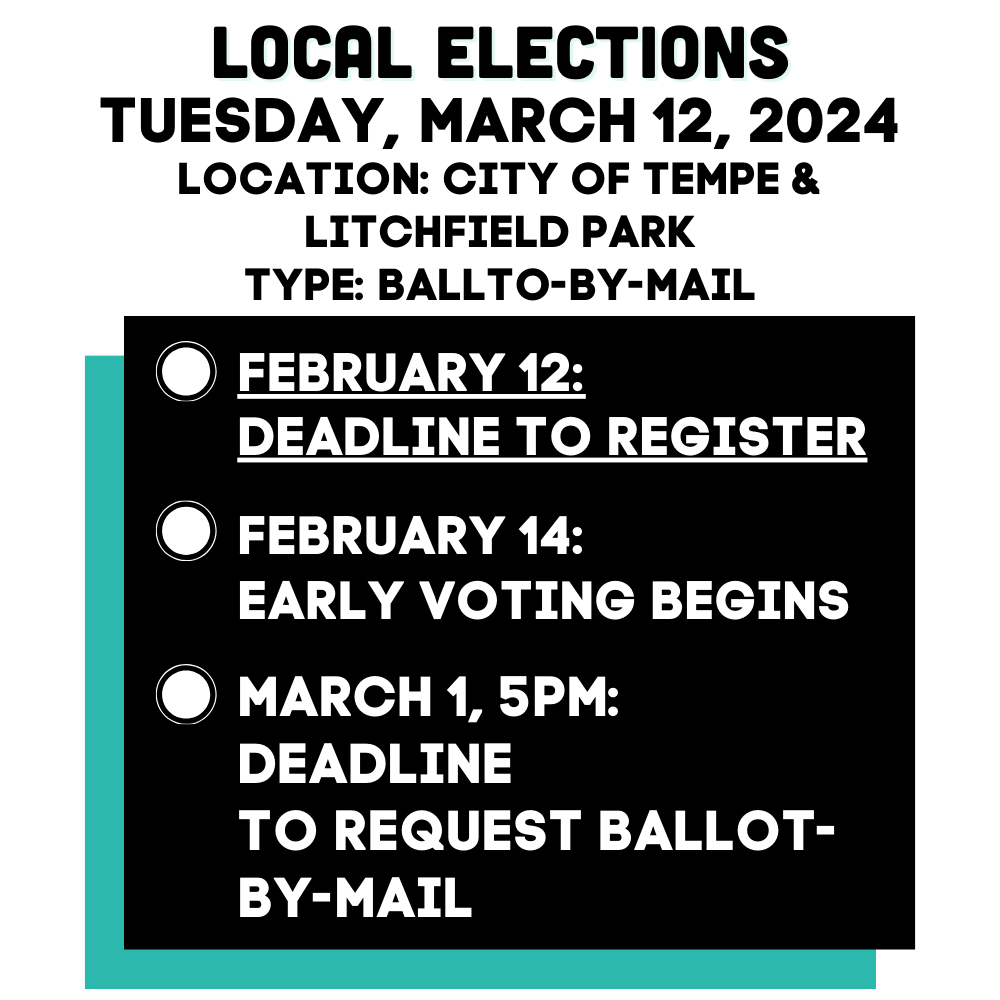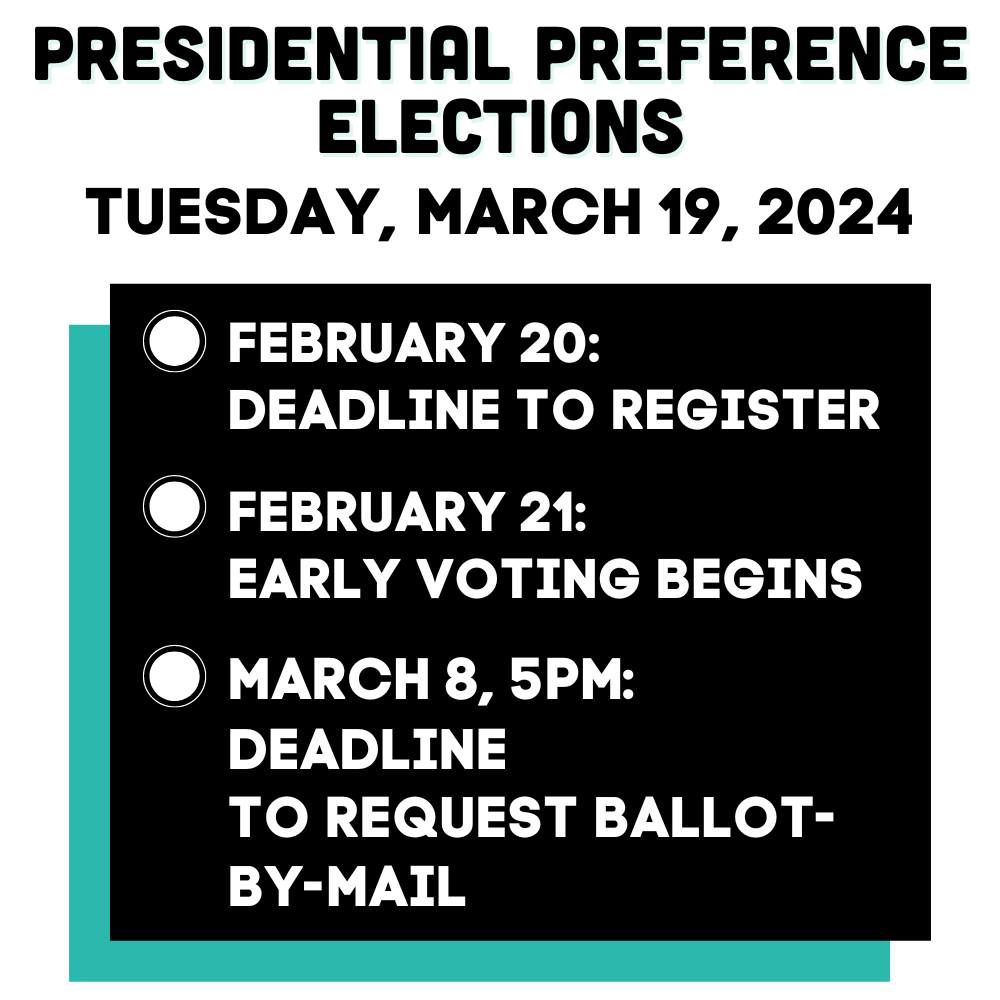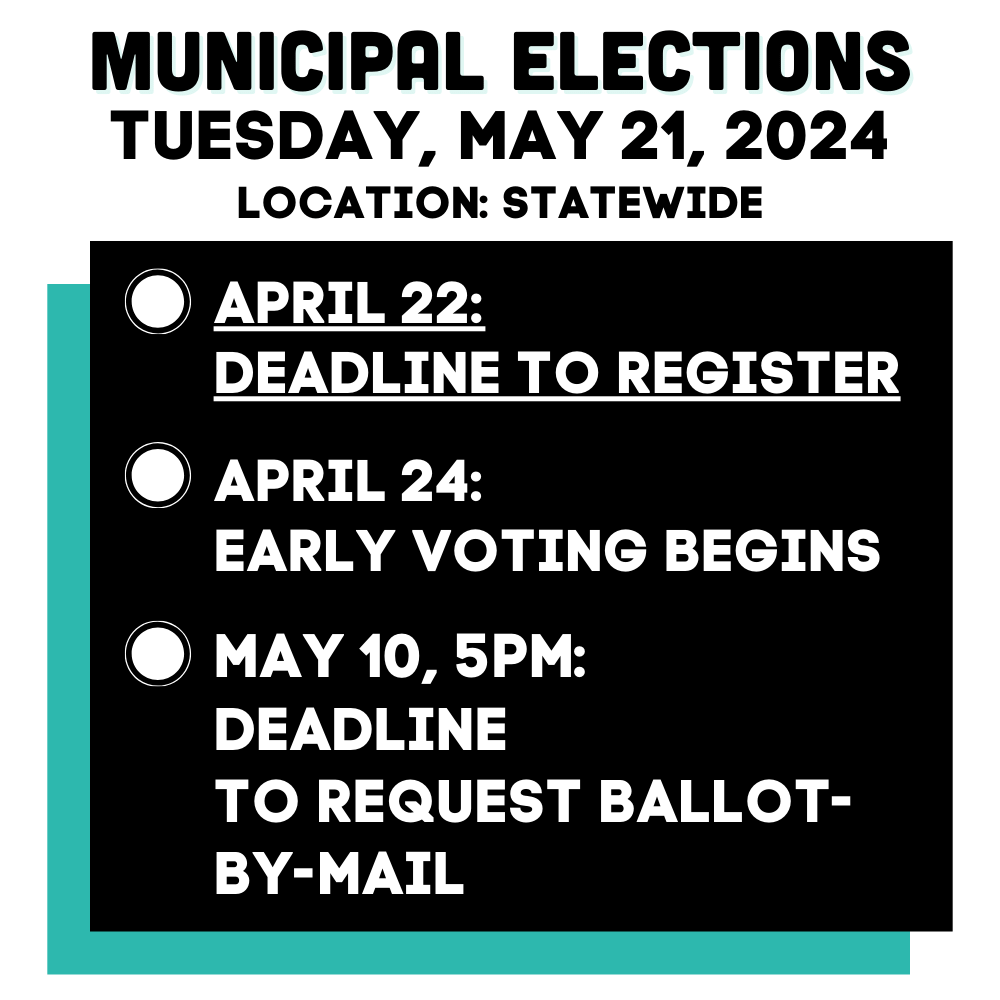Resources
1.3 million eligible Arizonan voters aren’t registered to vote. Many of them are young and Asian American, Pacific Islander, Latinx, African American, or Native American.
Let’s register to vote and make a difference!
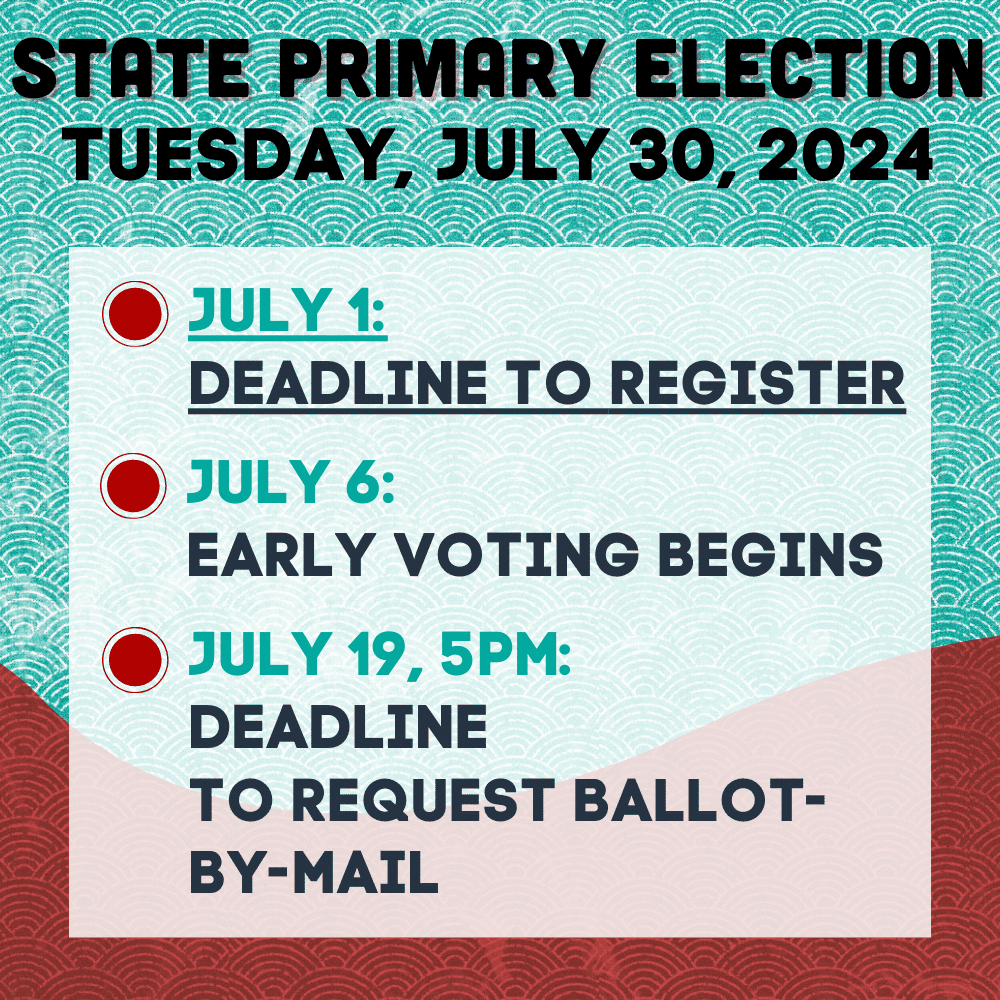
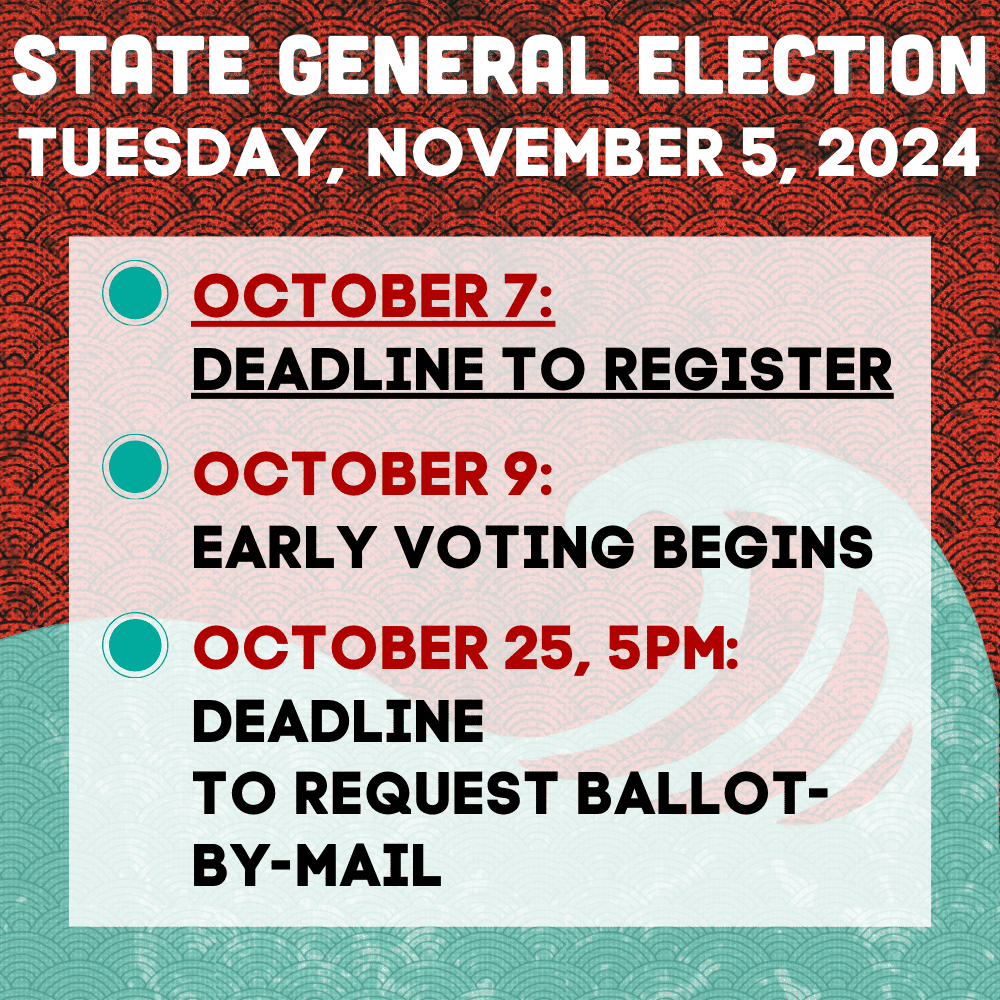
Register to vote or check your registration to be sure it’s up to date.
Use the portal below or visit your county Recorder’s office site to put yourself on the Active Early Voting List (AEVL) to receive your ballots by mail.
You can also change your address, party affiliation and find information about polling places and election information.
Help us spread the Democracy Pledge to let our legislatures know we need them to prioritize democracy and our voting rights!
No matter our color, background, or zip code, all Arizonans value our freedom to vote. We deserve practices that protect our access to the ballot and leaders who will protect our democracy.
AZ AANHPI Advocates is here to inform and facilitate the community through the voting process.
Check these links for resources to help you register, learn, and access information in multiple languages:
English
中文 (繁) – Chinese (Traditional)
中文 (简) – Chinese Simplified
Tiếng Việt – Vietnamese
Voter Eligibility Information
To vote in Arizona, you must be a citizen of the United States and a resident of an Arizona county. A voter must be 18 years or older on or before Election Day.
To be eligible to vote in an election one must register at least 29 days prior to the election. Individuals can register online, in person at the county recorder’s office, or by mail.
Individuals must provide proof of citizenship when registering if they wish to vote in state and local elections. Acceptable forms of documentation include birth certificates, passports, and U.S. naturalization documents. On June 4, 2018, Secretary of State Michele Reagan (R) announced that proof of citizenship would not be required of individuals who have already provided such proof to the state department of motor vehicles. Reagan also announced that the state would allow individuals who registered without providing proof of citizenship to cast ballots in federal elections (though not in state or local elections).
These are the acceptable forms of voter ID in Arizona.
Precinct Committees

The most constructive way you can change politics is to become a Precinct Committeeperson (PC) in the Democratic Party. PCs are the grassroots of the party. They represent the party to the public and PCs elect the party’s leaders.
PCs are representatives of their neighborhood in the Democratic Party. You provide a voice for the concerns and opinions of your neighbors and establish local connections and trust. PCs are a community sharing ideas, values, and energy working together to bring the Democratic Party’s vision to your neighbors and friends.
Under Arizona law, a Precinct Committeeperson can be an elected or appointed position.
Source: Coconino County Democrats
Advantages of Being a PC
Duties and Responsibilities
Timeline

1870
The 15th Amendment granted the right to vote to Black men, regardless of “race, color, or previous condition of servitude.” Over time, however, Southern states found loopholes to prevent and criminalize Black voters through “Jim Crow” laws.

1920
Nearly a century of activism led to the passage of the 19th amendment, which granted all women the right to vote. In reality, however, only white women enjoyed women’s suffrage, as other women faced extreme discrimination and voter suppression.

1943
In 1943, the Magnuson Act officially repealed the racist Chinese Exclusion Act, which was the first U.S. law to specifically prevent all members of the same nationality from immigrating to the U.S. The Magnuson Act allowed for some Chinese individuals to immigrate again (albeit only 106 per the racist immigration quota), and some Chinese-born individuals living in the US. were granted their right to vote.

1952, 1965
The Immigration and Nationality Acts of 1952 and 1965 were the first acts to truly give Asian Americans full access to their citizenship and voting rights. The 1965 Act eliminated racist immigration quotas, ending nearly two centuries of exclusion and disenfranchisement.

2010
Arizona passed an ethnic studies ban, with Republicans arguing that ethnic studies “teach racial resentment,” leading to a slew of further bans against ethnic studies and Critical Race Theory in our state.

1898
This landmark Supreme Court case U.S. v Wong Kim Ark enshrined “birthright citizenship,” granting all children of immigrants born in the U.S. citizenship and the right to vote.

1924
The Snyder Act passed in 1924, granting Indigenous people born in the U.S., American citizenship and the right to vote.

1946
Arizona’s Right to Work Law was passed and went into effect in 1947, leading to the weakening of unions and decreases in wages and benefits for laborers.

1965
After decades of brutal and violent opposition to activism in the South, the Voting Rights Act passed in 1965, effectively banning race-based voting discrimination. As a result, Black people and others excluded from voting for a century after the 15th Amendment (through literacy tests, poll taxes and more) finally had the right to vote. However, recent Supreme Court rulings threaten its existence.

2010
Arizona’s racist “Show Me Your Papers Law” SB1070 passed the State Senate in February 2010, leading to a groundswell of migrant rights activism and organizing.

1870

1898

1920

1924

1943

1946

1952, 1965

1965

2010

2010
